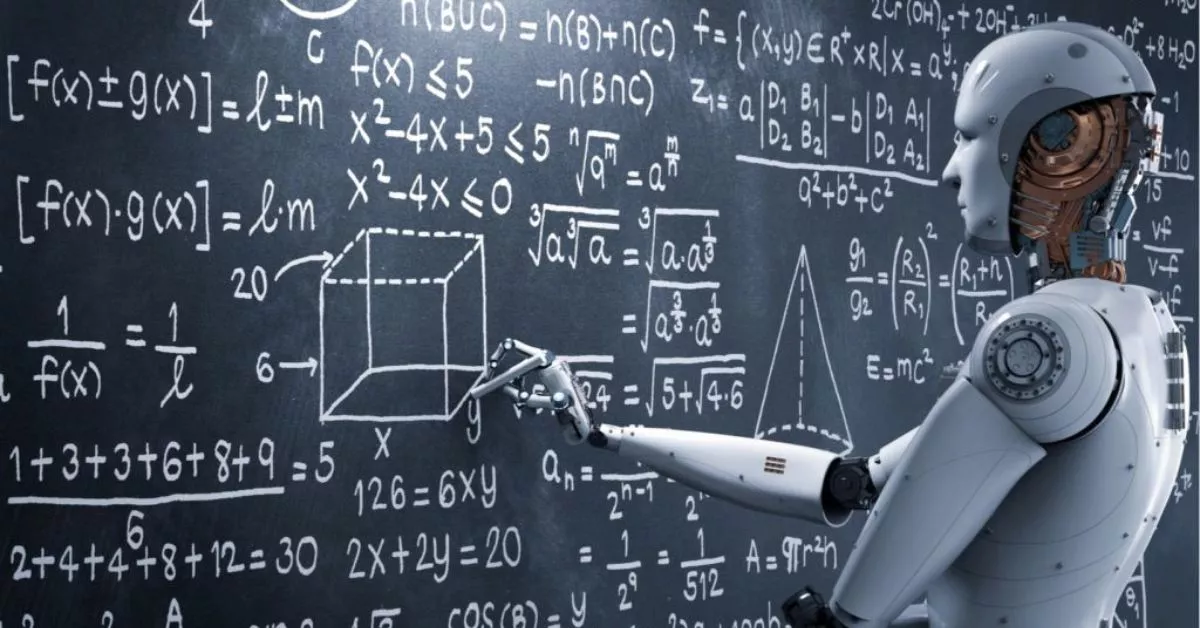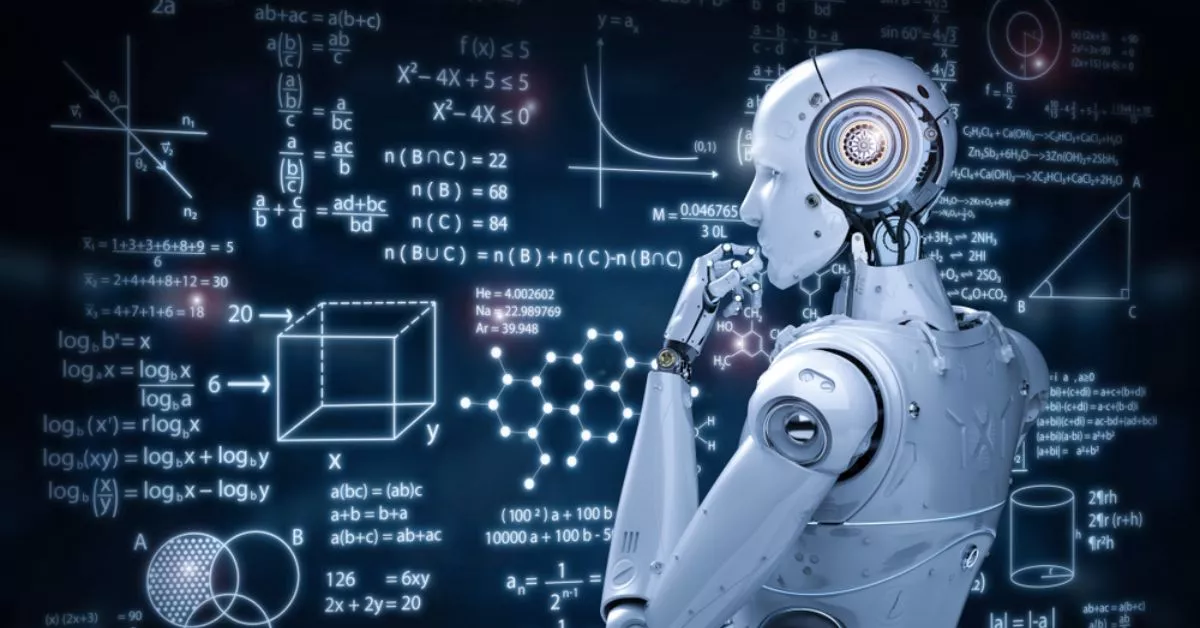In the 21st century, the integration of artificial intelligence (AI) into various facets of our lives has been transformative, and one of the sectors undergoing significant change is education. AI has the potential to revolutionize the way we learn, teach, and engage with educational content. This post explores the intersection of AI and education, shedding light on the key areas where AI is making a profound impact.
Personalized Learning:
One of the most significant contributions of AI to education is the facilitation of personalized learning experiences. Traditional classrooms often struggle to accommodate the diverse learning needs of students. AI, however, uses advanced algorithms to analyze individual learning patterns, preferences, and strengths.
This information is then utilized to tailor educational content, ensuring that each student receives a customized learning experience. Adaptive learning platforms, powered by AI, can adjust the difficulty of tasks, provide additional resources, and offer real-time feedback to optimize the learning journey for each student.
Intelligent Tutoring Systems:
AI has given rise to intelligent tutoring systems that act as virtual tutors, offering personalized assistance to students. These systems employ natural language processing and machine learning algorithms to understand students’ queries, assess their understanding of concepts, and provide targeted guidance.
Intelligent tutoring systems can adapt to the pace of individual learners, providing additional explanations, practice problems, and feedback as needed. This not only enhances the learning experience but also fosters a supportive environment where students can comfortably seek help without fear of judgment.
Automating Administrative Tasks:
AI is streamlining administrative tasks in educational institutions, freeing up valuable time for educators and administrators. Automation of routine tasks such as grading, attendance tracking, and scheduling allows teachers to focus more on the creative and interactive aspects of teaching. Additionally, AI-powered systems can analyze vast amounts of administrative data, enabling institutions to make data-driven decisions to enhance overall efficiency and effectiveness.

Virtual Reality (VR) and Augmented Reality (AR) in Education:
AI, coupled with virtual and augmented reality technologies, is creating immersive learning experiences. Virtual reality can transport students to historical events, distant places, or even inside the human body, providing a deeper understanding of complex concepts.
Augmented reality overlays digital information onto the physical world, allowing students to interact with 3D models and simulations. These technologies not only make learning more engaging but also cater to various learning styles, fostering a more inclusive educational environment.
Predictive Analytics for Student Success:
AI’s predictive analytics capabilities are helping educators identify students who may be at risk of falling behind or dropping out. By analyzing a range of data, including attendance, grades, and participation, AI can flag potential issues early on. This enables educators to intervene promptly, providing targeted support and resources to help struggling students. Ultimately, predictive analytics contribute to a more proactive approach to student success and retention.
Language Translation and Inclusive Education:
Language barriers can be a significant impediment to education, especially in multicultural and multilingual settings. AI-powered language translation tools are breaking down these barriers by providing real-time translation services. This fosters inclusivity and ensures that students from diverse linguistic backgrounds can fully participate in educational activities. As a result, AI is playing a crucial role in making education more accessible to a global and linguistically diverse student population.

Continuous Learning and Professional Development:
The advent of AI has led to a shift towards continuous learning and professional development in the education sector. AI algorithms can curate personalized learning paths for educators, helping them stay updated on the latest teaching methodologies, technology trends, and subject matter advancements. This ensures that teachers are well-equipped to deliver high-quality education in an ever-evolving landscape.
Conclusion:
Artificial intelligence is reshaping the educational landscape, offering innovative solutions to age-old challenges. From personalized learning experiences to intelligent tutoring systems and predictive analytics, AI is enhancing the effectiveness and inclusivity of education.
While the integration of AI in education is not without its challenges and ethical considerations, the potential benefits are vast. As we navigate the evolving relationship between AI and education, it is essential to embrace these technological advancements thoughtfully, ensuring that they contribute positively to the development and empowerment of learners worldwide.
